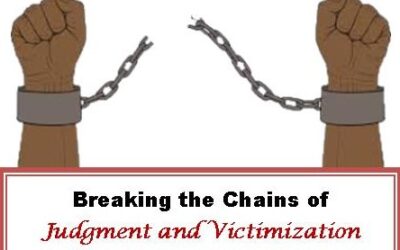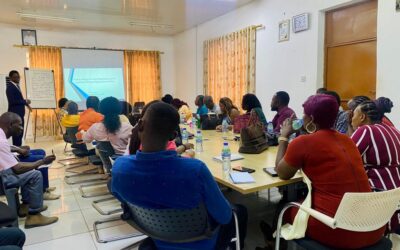By Isata Sowa
Violence against women and girls is endemic, and it represents a major human rights concern across the globe. The World Health Organization estimates that one third of women and girls worldwide experience violence at some point in their lives. This statistic may only be the tip of the iceberg, as many acts of violence remain largely unreported due to fear of stigma that victims may face after reporting either at the police or community level.
In 2012, several local and international organizations, including the Centre for Accountability and Rule of Law, successfully campaigned for the enactment of the Sexual Offences Act (SOA) – a landmark piece of legislation to combat sexual violence, provide support to victims and survivors, and hold perpetrators to account. Since the passing of the SOA, CARL has intensified its work at the community level to raise awareness of the law, mobilize communities to help prevent and ensure accountability for violence against women and girls, monitor implementation of the law, and train local authorities and law enforcement officials on how to better handle cases of sexual violence and abuse. In spite of these efforts – and perhaps because of them – there is an increase in reports of sexual and gender-based violence.
One may wonder as to why the increase in sexual assault cases, taking into consideration the stiff penalties provided in the amended Sexual Offences Act 2019. The picture looks grim and scary. On the 26th of June 2020, for example, the Rainbo Initiative reported that in just a day, the Centre treated over 53 survivors of sexual assault, penetration and abuse. As shocking as those figures are, the report reminds us of the urgent need to strengthen protection services for our women and girls.
There is clearly an acknowledgement of the seriousness of the problem at the highest level of the country’s governance structure. Evidence of that acknowledgement include recent legal reforms, a declaration of a state of public emergency against rape, the ‘Hands off our Girls’ project, the setting up of the Sexual Assault Syndicate (SAS), and the establishment of a functioning safe home for victims in Makeni. These steps are worthy of recognition, but they are far from being enough. In fact, given the increasing reports of sexual and gender-based violence – perhaps because of the increasing awareness and media coverage of the issue – one would argue that the FSU needs far more financial and technical support than it has received.
The Family Support Unit (FSU) was separated from the Criminal Investigation Depart (CID) over a decade ago so that it can work as an independent unit within the Sierra Leone Police. Ever since it was established, it has faced a lot of challenges ranging from limited workplace facility, personnel inadequacy, limited fleet, among others. Unless these challenges are addressed – and without delay – the FSU will continue to underperform in terms of executing its primary duty of investigating and prosecuting sexual and gender-based crimes. In addition to its investigation and prosecution responsibilities, the FSU also issues police medical reports for referral and medical treatment of victims/survivors, offers counselling services to victims/survivors, refers victims/survivors to service providers, monitors court proceedings, and makes follow up visit with victims/survivors.
Thanks to funding from Trocaire, CARL has been working with a number of partners to press for a dedicated budget for the FSU as well as to increase technical support to the institution. As part of the budget development process for the 2020 Financial Year, the Finance Department of the Sierra Leone Police included the sum of Le320,000,000.00 (Three hundred and twenty million Leones) for the Family Support Unit. Regrettably, not a single cent of that allocated amount has been transferred to the account of the FSU. This is certainly not how to support and strengthen the Family Support Unit. These funds are desperately needed to respond to the many persisting challenges that confront the FSU. We will continue to work with our partners, the Ministry of Finance and the Sierra Leone Police to ensure that the funds promised to the FSU for the 2020 Financial Year are transferred into their account, and as the process of developing a budget for 2021, more funds are allocated to the FSU in the years ahead.
Isata Sowa is the Project Coordinator of a Trocaire-funded project implemented by CARL that seeks to enhance access to justice for victims and sexual-based violence in Sierra Leone.
She can be reached at: isatsowa@gmail.com or +23279146200



